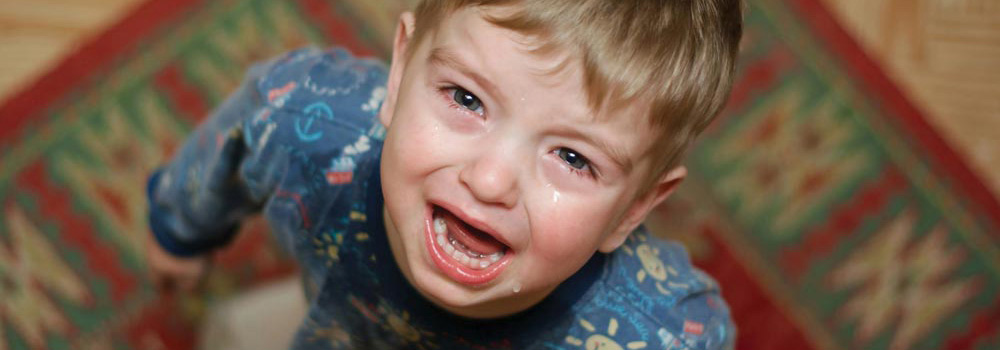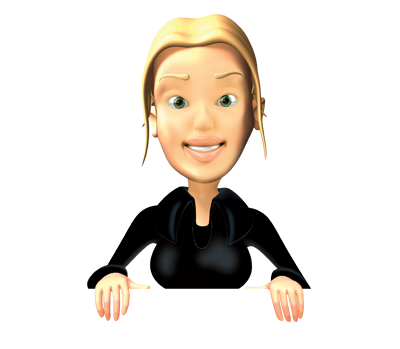All children test the limits you set and try to cross boundaries some of the time. This is all part of growing up, learning and becoming an independent person. It is important to remember that babies behave as they do in order to get their needs met. Crying or not sleeping is not them being naughty or done to upset you. Older babies may spit out food they don’t like or wriggle away from a nappy change. All they are doing is trying to communicate their likes and dislikes in the only way they can.
Temper tantrums are common. They may start around 18 months and happen less often by four years. Tantrums often happen when a child is frustrated and is not able to express themselves clearly. Tantrums are especially likely to happen if a child is tired, hungry or uncomfortable and often occur in busy places. Give your child attention and find a quiet place. Try to understand your child’s feelings.
For more information and tips click link here.
Extreme and unusual behaviour can be lots of things such as children hurting themselves on purpose, developing a tic or head banging.
Stress is something as adults we come to accept and manage. Young children are unable to recognise and cope with stressful situations. Instead, they often show their anxiety in physical and emotional outbursts. Sometimes stress can lead to a ‘tic’ - a sudden, repetitive, non-rhythmic movement involving a distinct muscle group, like uncontrolled eye blinking. Head banging or banging the head against a wall or cot on purpose is also common, especially in boys. They are not trying to be naughty or annoying.
In rare cases, a tic or another behaviour patten may be the symptom of a more complicated condition. Your health visitor or GP can advise if you are worried. In general, the best thing to do is just ignore the tic, help minimise stress and make sure your child is getting enough sleep.
With head banging or other forms of self-harm like severe nail biting, scratching or hitting, keep your child safe and get them to stop by distracting them. Try to get them to vent their frustration in another way, like stomping their feet or throwing something really hard (maybe a ball at a wall outside). These are the best measures to help your child deal with a problem that will most likely disappear in a short time.
1
My son is almost a year old, and has started to bang his head on the wall or the floor when he's cross or frustrated. We try not to react too much, but we are shocked!
2
This behaviour is very normal in a pre-verbal child, especially in a boy. He does not have the verbal skills to express his frustration so this is a way he can make his feelings known to you.
3
Interrupt the banging by teaching him less hurtful ways to express his frustration (such as stomping his feet). Fortunately, extreme behaviours in children this young often end as suddenly as they start. Talk to your health visitor or GP if this continues.


